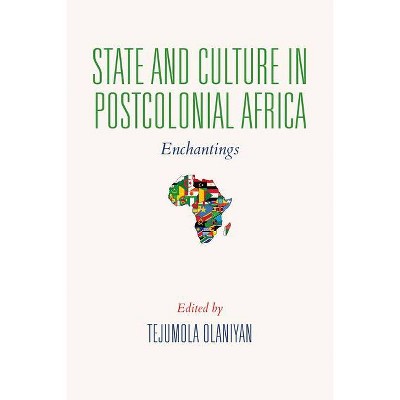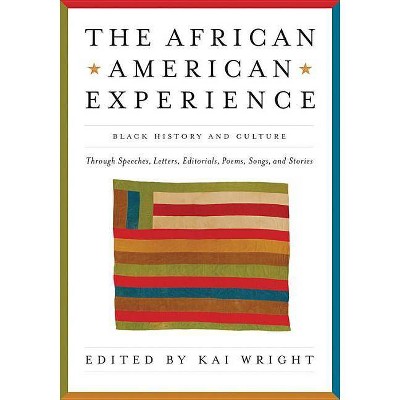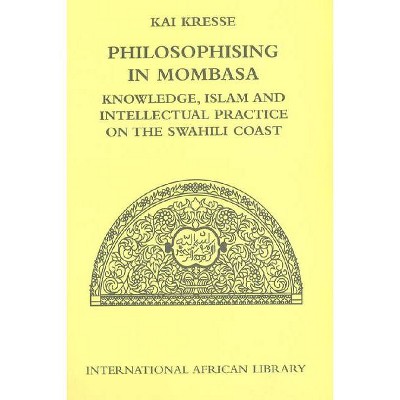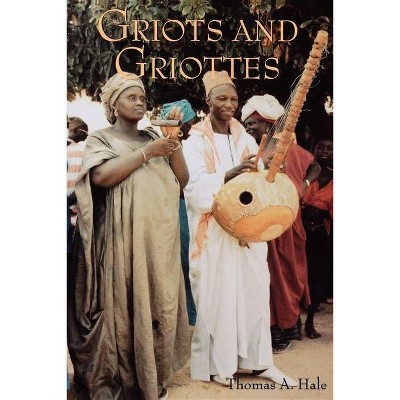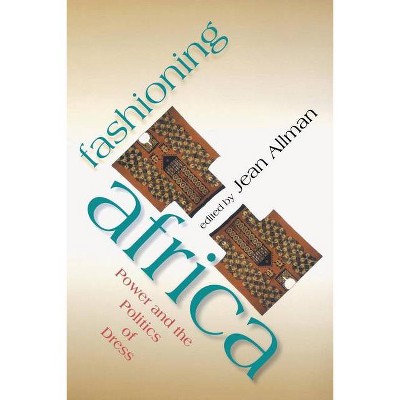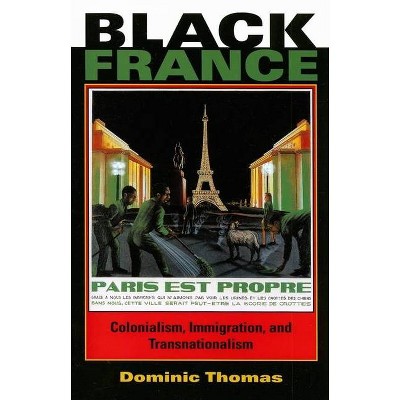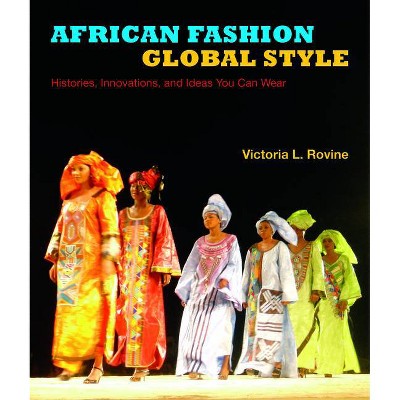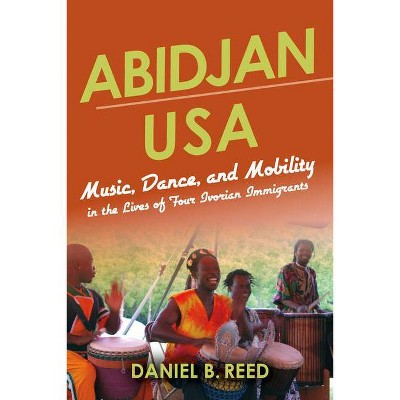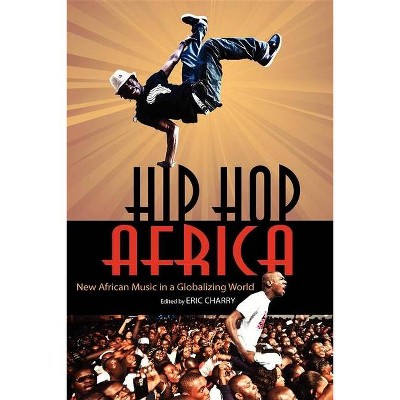Swahili Muslim Publics and Postcolonial Experience - (African Expressive Cultures) by Kai Kresse (Paperback)
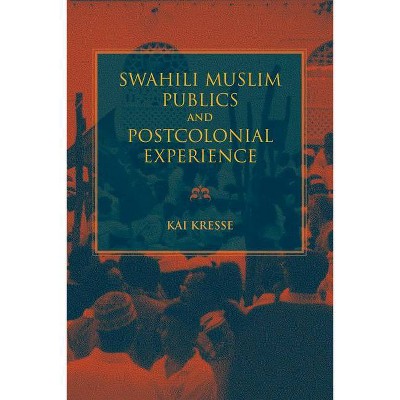
Similar Products
Products of same category from the store
AllProduct info
<p/><br></br><p><b> About the Book </b></p></br></br><p>1. This book works to expand our view of intellectual practice to ones not centered in Europe. Kai Kresse's work with Swahili Muslims explores how ethics and politics often transcend time to create community.</p> <p>2. Kresse is a mid-career scholar whose current work has branched out of philosophy. His first book was short-listed for the Herskovits Award.</p> <p>3. This work has a broad academic audience as it is not only grounded in media and performance, but intellectual and philosophical practice too.</p></p><p/><br></br><p><b> Book Synopsis </b></p></br></br><p><em>Swahili Muslim Publics and Postcolonial Experience</em> is an exploration of the ideas and public discussions that have shaped and defined the experience of Kenyan coastal Muslims. Focusing on Kenyan postcolonial history, Kai Kresse isolates the ideas that coastal Muslims have used to separate themselves from their "upcountry Christian" countrymen. Kresse looks back to key moments and key texts--pamphlets, newspapers, lectures, speeches, radio discussions--as a way to map out the postcolonial experience and how it is negotiated in the coastal Muslim community. On one level, this is a historical ethnography of how and why the content of public discussion matters so much to communities at particular points in time. Kresse shows how intellectual practices can lead to a regional understanding of the world and society. On another level, this ethnography of the postcolonial experience also reveals dimensions of intellectual practice in religious communities and thus provides an alternative model that offers a non-Western way to understand regional conceptual frameworks and intellectual practice.</p><p/><br></br><p><b> Review Quotes </b></p></br></br><br><p>Kresse's ability to weave together questions of rhetoric, postcoloniality, religion, culture, and politics, and to understand them from the epistemological vantage point of ethnographic actors themselves, is truly remarkable.</p>--Marcus Timothy Haworth "Reading Relgion"<br><br><p><i>Swahili Muslim Publics and Postcolonial Experience</i> highlights the great diversity of postcolonial Muslim lives in Kenya and the nuances of race and language that inform religion as a mediated experience that infiltrates life on the coast. Deeply ethnographic and well researched, this book is an important addition to the libraries of African studies scholars, anthropologists and historians of Africa and Islam, and anthropologists of media.</p>-- "American Ethnologist"<br><br><p>This well-researched study should be considered for purchase by any library with an extensive African studies collection.</p>-- "Choice"<br><p/><br></br><p><b> About the Author </b></p></br></br><p>Kai Kresse is Professor of Social and Cultural Anthropology at Freie Universität Berlin, and Vice Director for Research at Leibniz Zentrum Moderner Orient (ZMO), Berlin. Before that, he was Associate Professor of African and Swahili Studies at Columbia University. He is author of <i>Philosophizing in Mombasa: Knowledge, Islam, and Intellectual Practice on the Swahili Coast</i>.</p></p>
Price History
Price Archive shows prices from various stores, lets you see history and find the cheapest. There is no actual sale on the website. For all support, inquiry and suggestion messagescommunication@pricearchive.us

